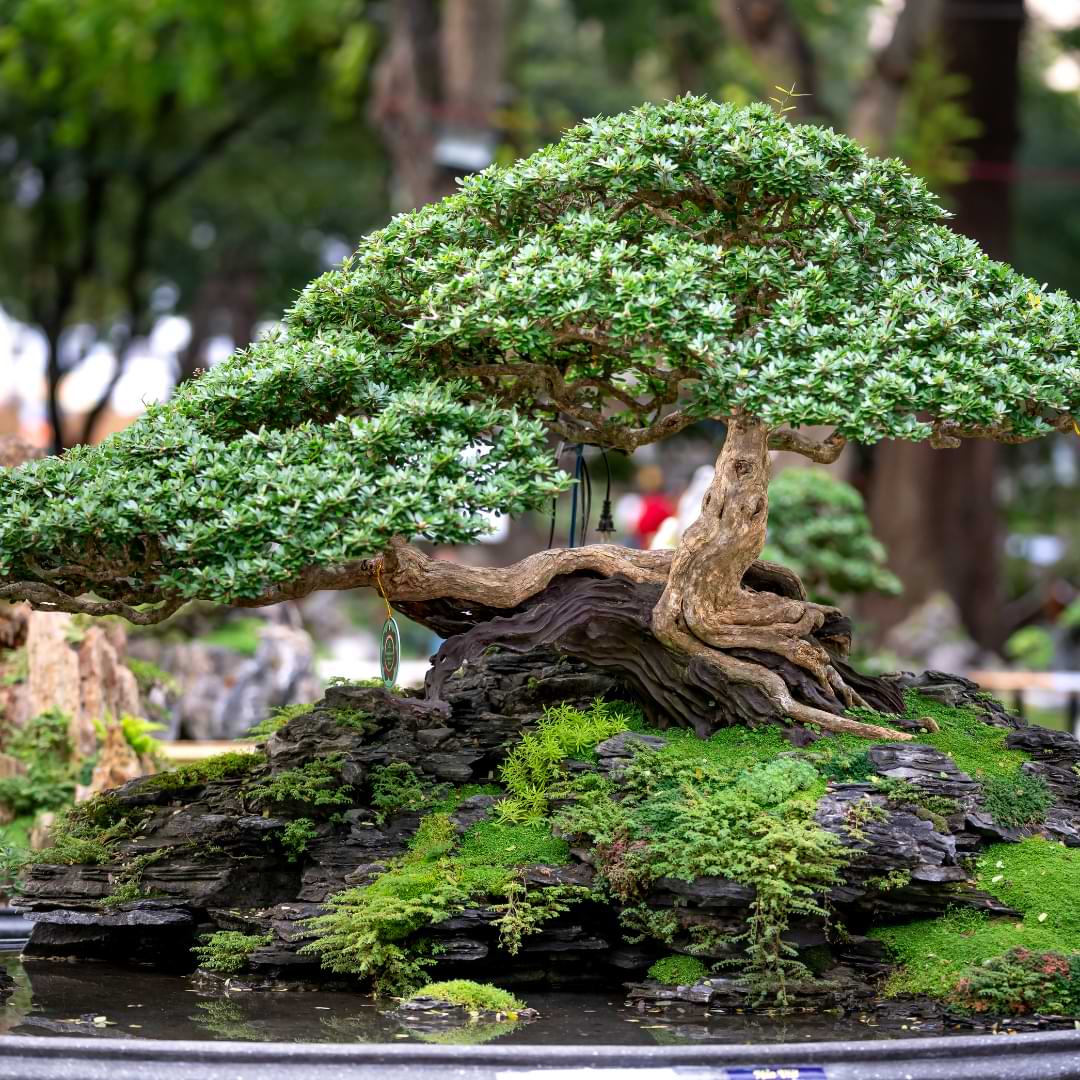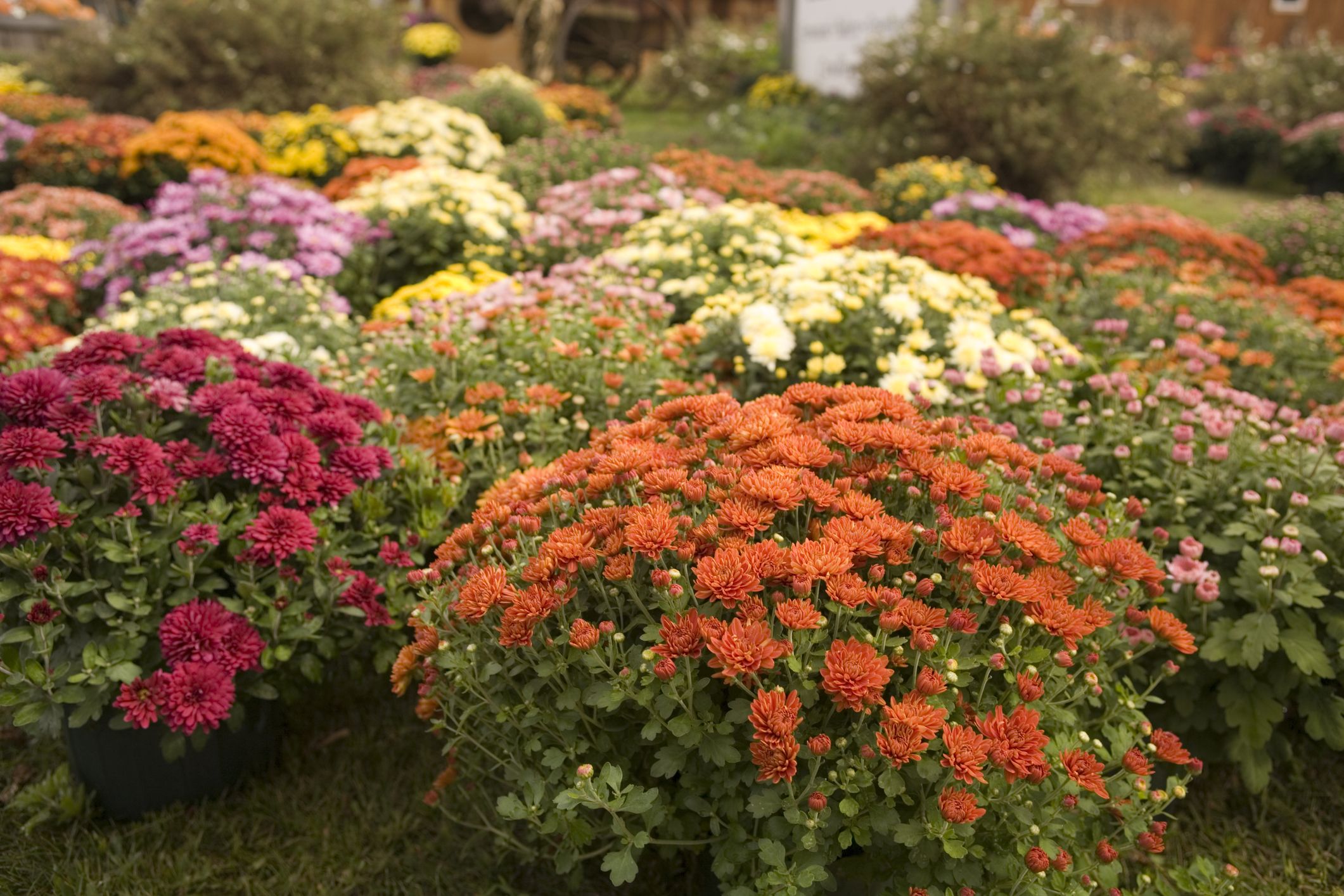Looking to add a touch of tranquility to your home or garden? Discovering the perfect bonsai tree is a thrilling journey that requires careful consideration. From the size and shape to the species and style, there are numerous factors to contemplate. Luckily, we’re here to guide you in the right direction. In this article, we will explore where to look for the perfect bonsai tree and provide essential tips on what to consider during your search. Whether you’re a seasoned enthusiast or a beginner intrigued by the art of bonsai, we’ve got you covered. So, let’s embark on this quest together and uncover the bonsai tree of your dreams!
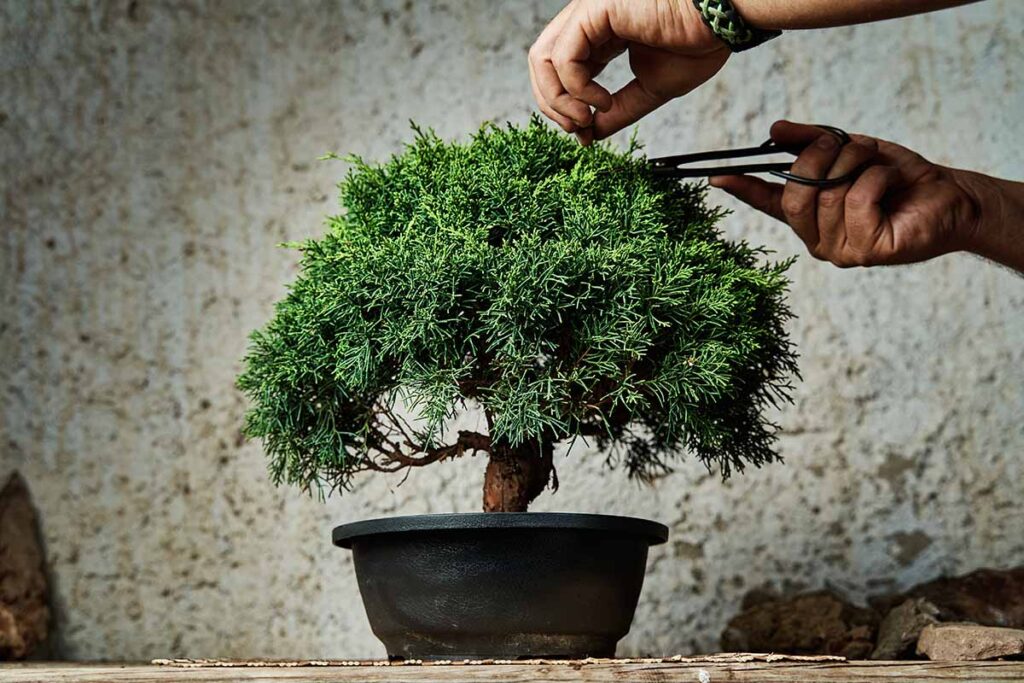
This image is property of gardenerspath.com.
1. Local Nurseries
1.1 Visit Nearby Nurseries
When searching for the perfect bonsai tree, one of the best places to start is your local nurseries. These nurseries often have a dedicated section for bonsai trees, allowing you to browse through a variety of options. Take the time to visit these nurseries in person, as seeing the trees up close will give you a better idea of their size, shape, and overall condition.
1.2 Observe the Bonsai Selection
Once you’ve arrived at the nursery, take the time to carefully observe the bonsai selection. Look for trees that catch your eye and align with your personal preferences. Pay attention to the trunk thickness, branch placement, and overall shape of the tree. It’s important to choose a bonsai tree that speaks to you and resonates with your aesthetic taste.
1.3 Ask for Expert Advice
Don’t hesitate to ask for expert advice when visiting local nurseries. The staff members are often knowledgeable about bonsai care and can offer valuable insights and recommendations. They can guide you in selecting a tree that matches your skill level and provide tips on how to care for it properly. Taking advantage of their expertise will help ensure a successful bonsai experience.
1.4 Check for Quality and Health
Before making a final decision, thoroughly inspect the bonsai tree for quality and health. Look for any signs of disease, such as yellow or wilted leaves, pest infestation, or weak branches. It’s crucial to choose a healthy tree that will thrive under your care. Avoid trees with extensive damage or signs of neglect, as they may require significant rehabilitation efforts.
1.5 Consider Your Local Climate
When choosing a bonsai tree from a local nursery, it’s essential to consider the climate in your area. Certain tree species are better suited for specific climates, so it’s important to choose a tree that can thrive in your environment. Consult with the nursery staff to determine which tree species are best suited for your region’s temperature, humidity, and light conditions.
2. Online Sellers
2.1 Explore Reputable Bonsai Websites
In the digital age, online sellers offer a convenient option for finding the perfect bonsai tree. Take the time to explore reputable bonsai websites that specialize in selling these miniature art pieces. These websites often have a wide selection of trees to choose from, allowing you to browse through different species, sizes, and styles from the comfort of your home.
2.2 Read Customer Reviews
When purchasing bonsai trees online, it’s crucial to read customer reviews. These reviews provide valuable insights into the reputation of the seller and the quality of their products. Look for websites that have positive reviews and satisfied customers. Pay attention to any recurring themes or concerns mentioned in the reviews to make an informed decision.
2.3 Consider Delivery Options
Before making a purchase from an online seller, consider their delivery options. Bonsai trees require careful handling to ensure their safe arrival. Look for sellers that offer secure packaging and reliable shipping methods. Check if they provide tracking numbers or insurance options to safeguard your investment. Proper delivery is crucial to prevent damage to the tree during transit.
2.4 Check for Return Policies
Another important factor to consider when buying from online sellers is their return policy. Despite careful selection, there is always a chance of receiving a bonsai tree that doesn’t meet your expectations. Ensure the seller has a clear return policy that allows you to return or exchange the tree if necessary. Familiarize yourself with the terms and conditions to avoid any potential issues.
2.5 Verify Seller’s Credentials
Before making a purchase, it’s essential to verify the credentials of the online seller. Look for sellers with a strong reputation within the bonsai community. Check if they belong to any recognized bonsai organizations or if they have received positive recognition in the industry. Verifying the seller’s credentials will give you peace of mind and ensure that you’re purchasing from a reputable source.
This image is property of www.thespruce.com.
3. Bonsai Clubs and Events
3.1 Join Local Bonsai Clubs
If you’re passionate about bonsai, joining a local bonsai club can be a great way to connect with fellow enthusiasts and gain valuable insights. Bonsai clubs often organize regular meetings, workshops, and demonstrations where members can share their knowledge and experiences. By joining a club, you’ll have the opportunity to learn from experienced bonsai practitioners and potentially find the perfect bonsai tree.
3.2 Attend Bonsai Exhibitions
Bonsai exhibitions are an excellent way to explore a wide variety of bonsai trees in one place. These exhibitions showcase the artistry and skill of bonsai enthusiasts, featuring a range of tree styles, sizes, and species. Attending bonsai exhibitions allows you to observe mature bonsai trees and evaluate different styles that appeal to you. You may even discover a tree that captivates your heart and inspires your own bonsai journey.
3.3 Participate in Workshops
Workshops organized by bonsai clubs or events provide an opportunity to learn hands-on techniques from experienced practitioners. These workshops offer guidance on bonsai styling, shaping, and maintenance. By participating in workshops, you’ll acquire valuable skills that will enhance your ability to care for and nurture your future bonsai tree. Workshop facilitators can also offer recommendations on where to find the perfect bonsai tree based on your skill level and preferences.
3.4 Network with Bonsai Enthusiasts
One of the significant benefits of joining bonsai clubs or attending events is the chance to network with fellow bonsai enthusiasts. Engaging in conversations with experienced enthusiasts can provide valuable insights and recommendations on finding the perfect bonsai tree. They may share their favorite nurseries, online sellers, or personal collections for you to explore. Networking within the bonsai community can open doors to hidden gems and opportunities.
3.5 Seek Expert Guidance
Bonsai clubs and events often attract renowned bonsai experts and master practitioners. Take advantage of these gatherings to seek expert guidance. Engage in conversations with experts, share your vision, and seek their opinions on finding the perfect bonsai tree. Their wealth of knowledge and experience can guide you in making an informed decision. Never hesitate to ask questions and absorb the wisdom shared by these passionate bonsai masters.
4. Botanical Gardens and Arboretums
4.1 Visit Botanical Gardens
For a unique and inspiring experience, visit botanical gardens that have dedicated bonsai collections. These gardens often feature a variety of bonsai trees, including ancient specimens and rare species. Walking through these gardens provides an opportunity to observe mature bonsai trees and appreciate their intricate beauty. Pay attention to the different styles and species of bonsai showcased, as this can help you refine your preference and narrow down your search.
4.2 Explore Arboretums
Arboretums are another excellent location to explore when searching for the perfect bonsai tree. These outdoor spaces house a diverse range of tree species, including those suitable for bonsai cultivation. Observe the growth patterns of different tree species and imagine how they would translate into bonsai forms. Arboretums offer a treasure trove of inspiration and can help you identify tree species that align with your vision.
4.3 Observe Mature Bonsai Trees
When visiting botanical gardens or arboretums, take the opportunity to observe mature bonsai trees up close. Pay attention to their shapes, sizes, and overall aesthetics. Look for trees that captivate your attention and align with your personal taste. Observing mature trees will give you a better idea of how the bonsai form evolves over time and can guide your decision when selecting a young tree to cultivate.
4.4 Seek Advice from Horticulturists
Botanical gardens and arboretums often employ horticulturists who specialize in bonsai cultivation. These experts can provide valuable advice on finding the perfect bonsai tree. Seek their guidance and share your preferences, skill level, and available growing conditions. They can recommend suitable tree species and provide insights into their care requirements. Utilize the expertise of horticulturists to make an informed decision.
4.5 Learn About Different Tree Species
Visiting botanical gardens and arboretums exposes you to a wide variety of tree species suitable for bonsai cultivation. Take the opportunity to learn about different tree species and their characteristics. Familiarize yourself with their growth habits, leaf patterns, and preferred growing conditions. Understanding the unique attributes of each species will help you select the right bonsai tree that suits your vision and aligns with your gardening capabilities.
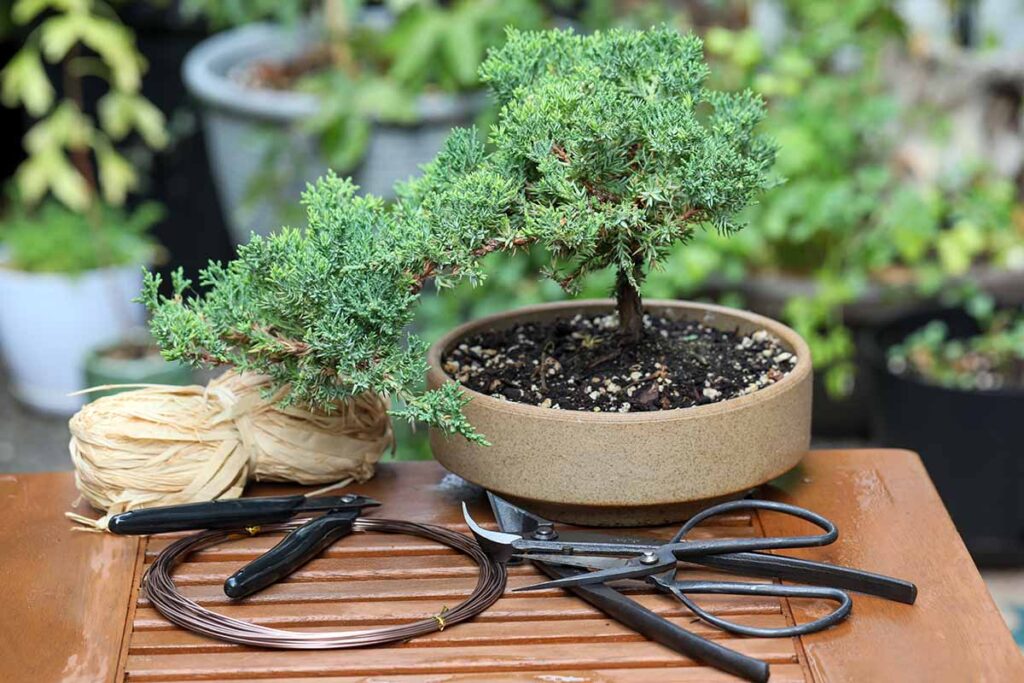
This image is property of gardenerspath.com.
5. Specialty Bonsai Nurseries
5.1 Research Local Specialty Nurseries
To find a bonsai tree that meets your specific requirements, consider researching and visiting local specialty nurseries. These nurseries focus exclusively on bonsai cultivation, ensuring a wide selection of high-quality trees. Research the reputation and customer reviews of specialty nurseries in your area to identify ones that are known for their expertise and healthy bonsai stock.
5.2 Explore Bonsai Inventory
When visiting specialty bonsai nurseries, take the time to explore their bonsai inventory. Specialty nurseries often have an extensive selection of trees in various stages of growth and development. This provides an opportunity to choose a tree that aligns with your preferences, whether you’re seeking a beginner-friendly tree or a more advanced specimen. Assess the overall health, trunk thickness, branch placement, and overall aesthetics of the trees on display.
5.3 Inquire About Bonsai Care
Specialty bonsai nurseries are a valuable resource for obtaining detailed information on bonsai care. Take advantage of the expertise available at these nurseries and ask specific questions about the care requirements of your chosen tree. Inquire about watering schedules, fertilizer needs, pruning techniques, and any other care considerations. Understanding the specific care requirements will help set you up for success in nurturing your bonsai tree.
5.4 Consider Price Range
When exploring specialty bonsai nurseries, it’s important to consider the price range of the trees on offer. Specialty bonsai trees can vary significantly in price based on factors such as age, species, training, and overall quality. Determine your budget and seek trees within that range. Remember that older, more mature trees are generally priced higher due to the time and effort invested in their development.
5.5 Support Local Bonsai Businesses
Choosing to purchase from local specialty bonsai nurseries supports the local economy and encourages the growth of the bonsai community. By supporting these businesses, you contribute to the maintenance and development of quality bonsai stock in your area. Additionally, local nurseries often offer personalized attention and guidance, which can enhance your overall bonsai experience. Show your support and foster a sense of community by patronizing local bonsai businesses.
6. Garden Centers
6.1 Visit Large Garden Centers
Large garden centers often carry a variety of plant species, including bonsai trees. These centers provide a convenient option for finding the perfect bonsai tree within your local area. Take the time to visit these centers and explore their bonsai offerings. While the selection may not be as diverse as specialty nurseries, you may still find a hidden gem that meets your desired specifications.
6.2 Examine Bonsai Offerings
While browsing through the bonsai offerings at garden centers, it’s important to examine the trees carefully. Look for trees that exhibit good health, with vibrant foliage and strong branches. Assess the overall aesthetics, trunk thickness, and branch placement to find a tree that aligns with your preferences. Take your time, as finding the perfect bonsai tree is a process that requires careful consideration.
6.3 Consult Garden Center Staff
When visiting garden centers, don’t hesitate to consult with the staff members. They can provide valuable insights and guidance on selecting the right bonsai tree for your needs. Share your preferences, skill level, and available growing conditions with them. Garden center staff often have knowledge of the care requirements for the trees in stock and can assist you in making an informed decision.
6.4 Check for Additional Bonsai Accessories
In addition to bonsai trees, garden centers may have a selection of bonsai accessories and tools. These accessories can enhance your bonsai experience and include items such as pruning shears, bonsai wire, and bonsai soil. Consider checking if the garden center offers these additional items to support your bonsai care journey. Having the necessary tools readily available will help you maintain your bonsai tree with ease.
6.5 Evaluate Value for Money
While considering bonsai trees at garden centers, it’s crucial to evaluate the value for money offered. Compare the price of the trees with their overall quality, health, and aesthetic appeal. Keep in mind that bonsai trees require long-term care and nurturing, so investing in a healthy tree with good potential is essential. Assess the overall value of the tree before making a purchase.
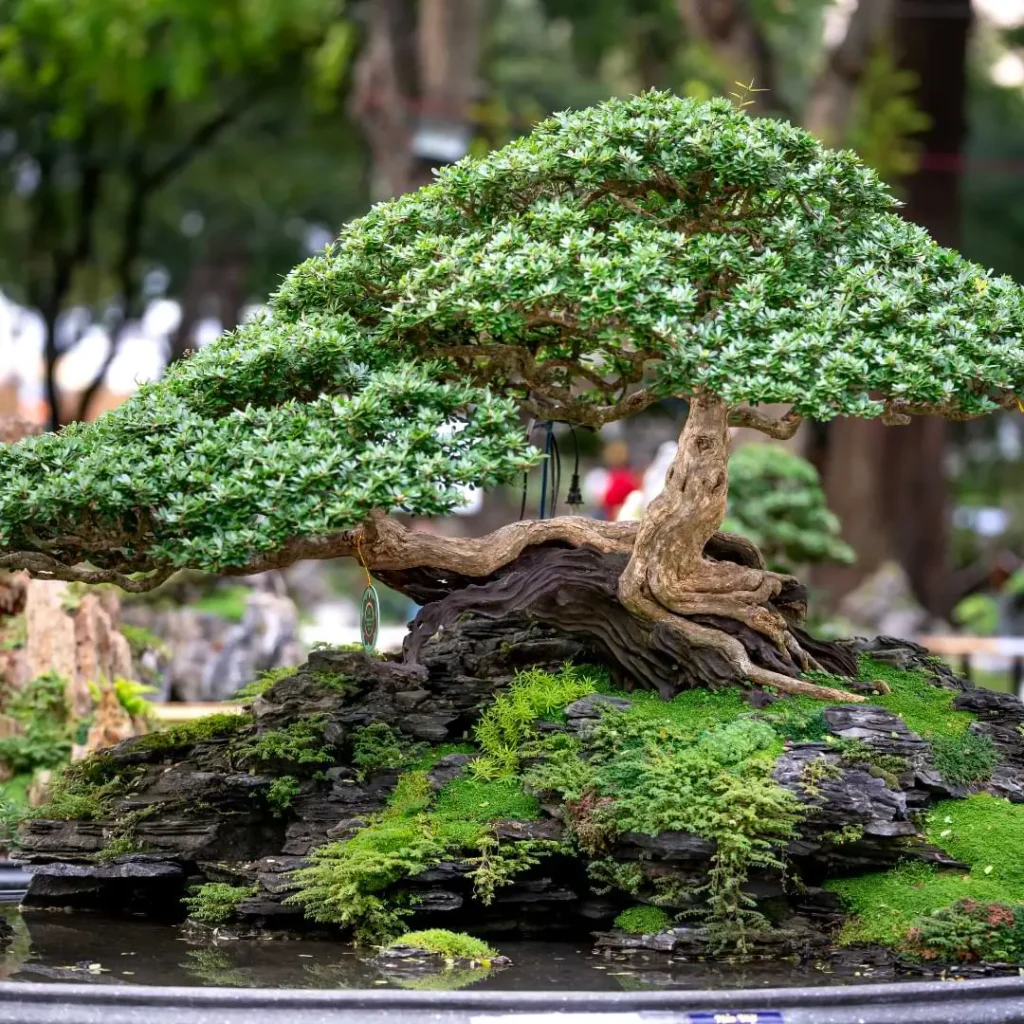
This image is property of bonsairesourcecenter.com.
7. Bonsai Farmers and Collectors
7.1 Connect with Bonsai Farmers
Bonsai farmers are individuals who dedicate their time and expertise to cultivating bonsai trees. Connecting with bonsai farmers offers a unique opportunity to access trees directly from their source. Engage with bonsai farmers in your local area and inquire about the availability of trees for sale. They may have special collections or unique specimens that can enhance your bonsai collection.
7.2 Attend Bonsai Farm Sales
Many bonsai farmers organize sales events where they showcase their trees to the public. Attending these sales events provides an exclusive opportunity to explore a wide range of bonsai trees curated by the farmers themselves. These events often attract bonsai enthusiasts and collectors, creating a vibrant and lively atmosphere. Don’t miss the chance to engage with the farmers, learn from their experiences, and potentially find the perfect bonsai tree.
7.3 Explore Private Collections
Experienced bonsai collectors often have unique and impressive private collections that they may be willing to showcase or sell. Connect with these collectors through bonsai clubs, events, or online platforms to explore their private collections. Private collections may offer rare and exceptional species, providing an opportunity to own a bonsai tree that stands out. Engaging with collectors can also lead to valuable insights and recommendations for finding the perfect bonsai tree.
7.4 Get Insights from Experienced Collectors
When exploring private collections or attending sales events, take the opportunity to seek insights from experienced collectors. These individuals have dedicated years to their bonsai craft and can offer valuable guidance. Engage in conversations, ask questions, and listen to their stories and experiences. They may offer advice on finding unique species, styling techniques, or even potential sources for acquiring the perfect bonsai tree.
7.5 Consider Rare and Unique Species
Connecting with bonsai farmers and collectors may expose you to rare and unique species that are not commonly found elsewhere. Consider the allure of owning a bonsai tree that stands out from the crowd. These rare species often have distinct characteristics and require specialized care. Assess your readiness to take on the challenge of cultivating unique trees, as they may require additional knowledge and expertise.
8. Considerations for Choosing a Bonsai Tree
8.1 Determine Bonsai Style and Size
When choosing a bonsai tree, it’s crucial to determine the style and size that align with your preferences. Bonsai trees come in various styles, including formal upright, informal upright, cascade, and windswept, among others. Decide on the style that resonates with you and matches your overall vision for your bonsai collection. Additionally, consider the size of the tree and ensure it will fit well within your living space.
8.2 Assess Tree’s Health and Vitality
The health and vitality of a bonsai tree are of utmost importance when making a selection. A healthy tree is more likely to thrive under your care and withstand the challenges of bonsai cultivation. Look for a tree with vibrant foliage, strong branches, and well-developed roots. Pay attention to any signs of disease, pest infestation, or overall weakness. Choosing a healthy tree sets the foundation for a successful bonsai journey.
8.3 Evaluate Bonsai Aesthetics
Bonsai trees are miniature works of art, and their aesthetics play a significant role in their overall appeal. When choosing a bonsai tree, evaluate its overall aesthetics, including the harmony between the trunk, branches, foliage, and pot. Look for a tree that pleases your eye and evokes a sense of calm and beauty. Trust your instincts and select a tree that resonates with your personal aesthetic preferences.
8.4 Check Root Development
The development of the root system is a crucial aspect to consider when choosing a bonsai tree. Inspect the tree’s roots and ensure they are well-developed, distributed evenly, and not tangled or circling the pot. Healthy root development ensures proper nutrient absorption and overall tree stability. Carefully check for any signs of root decay or root-bound conditions, as addressing these issues can be challenging.
8.5 Consider Bonsai Species and Care Requirements
Different bonsai species have varying care requirements, including temperature, humidity, light, and water needs. Before choosing a bonsai tree, research the care requirements of the specific species you’re interested in. Ensure that the species’ needs align with your available resources and gardening capabilities. Choosing a bonsai species that suits your lifestyle and growing conditions will contribute to the long-term success of your bonsai tree.
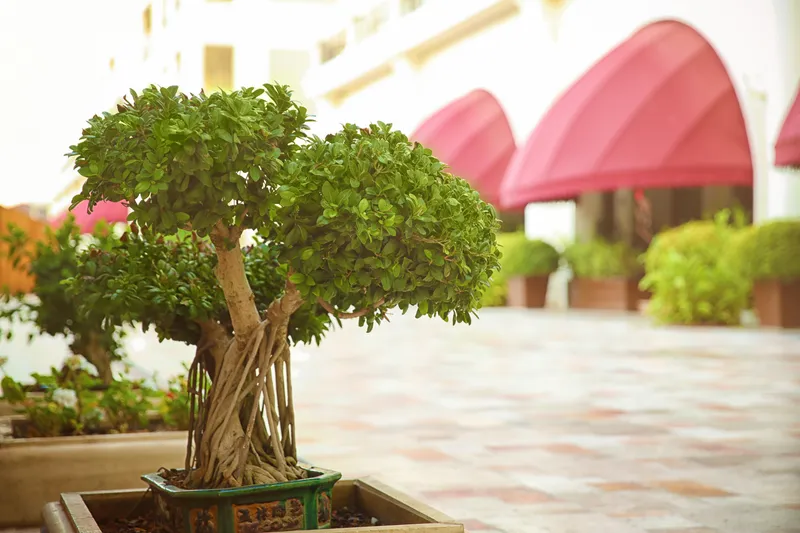
This image is property of bonsaimary.com.
9. Bonsai Tree Age and Training Level
9.1 Decide on Bonsai Tree Age
Bonsai trees come in a range of ages, from young saplings to ancient specimens. Consider the age of the bonsai tree you desire and how it aligns with your skill level and goals. Younger trees offer a sense of growth and development, allowing you to shape and train the tree according to your vision. Older trees possess the beauty and wisdom of time but may require more experienced care and maintenance.
9.2 Choose Beginner-Friendly Bonsai
If you’re a beginner in the world of bonsai, it’s advisable to choose a tree that is beginner-friendly. Look for species that are known for their resilience, adaptability, and forgiving nature. These species are more forgiving of minor mistakes in care and offer a greater likelihood of success for beginners. Selecting a beginner-friendly bonsai tree will help you gain confidence and build a solid foundation in bonsai cultivation.
9.3 Consider Pre-Trained Bonsai Trees
For those seeking an already trained and styled bonsai tree, consider choosing a pre-trained specimen. Pre-trained bonsai trees have undergone styling and training processes, allowing you to enjoy the artistry of a mature bonsai right from the start. These trees often possess refined shapes and intricate designs, showcasing the skill of the bonsai artist. Assess your desired level of involvement in the training process when deciding on a pre-trained bonsai tree.
9.4 Evaluate Potential for Future Training
When selecting a bonsai tree, it’s essential to evaluate its potential for future training and development. Consider the growth patterns, branch structure, and overall suitability for further styling and refinement. Choosing a tree with good potential ensures that you can continue shaping and enhancing its beauty as you gain more experience and expertise in bonsai cultivation. Look for a tree that excites your creative instincts and provides opportunities for future growth.
9.5 Seek Expert Opinions
To make an informed decision about the age and training level of your bonsai tree, seek expert opinions. Consult with experienced bonsai practitioners, mentors, or educators who can provide insight into the suitability of different trees for your skill level and goals. Share your aspirations and ask for recommendations based on your desired training level. Expert opinions can guide you in finding a bonsai tree that aligns with your current abilities and sets the stage for future growth.
10. Long-Term Commitment and Care
10.1 Understand Bonsai Care Requirements
Before embarking on your bonsai journey, it’s crucial to understand the long-term care requirements of bonsai trees. Bonsai trees require regular attention and maintenance, including watering, pruning, wiring, and proper fertilization. Research the care requirements of the specific bonsai species you’re interested in and ensure that you’re prepared to invest the time and effort needed to keep your tree healthy and thriving.
10.2 Assess Your Time Availability
Consider your personal schedule and evaluate the time you can dedicate to caring for your bonsai tree. Bonsai trees require consistent care and attention throughout the year, including monitoring watering needs, conducting seasonal pruning, and ensuring adequate sunlight exposure. If you have a busy lifestyle or travel frequently, selecting a bonsai tree that requires less maintenance may be a more suitable option. Assess your time availability honestly to ensure a rewarding and enjoyable bonsai experience.
10.3 Learn about Pruning and Wiring
Pruning and wiring are essential techniques in bonsai cultivation that contribute to the tree’s shape, balance, and overall aesthetics. Before choosing a bonsai tree, familiarize yourself with these techniques and assess your willingness to learn and practice them. If you’re a beginner, consider choosing a tree that requires minimal pruning and wiring initially, allowing you to gradually master these skills. The level of involvement in pruning and wiring will affect the long-term development of your bonsai tree.
10.4 Knowledge of Watering and Feeding
Proper watering and feeding are crucial for the health and vitality of bonsai trees. Research the specific watering needs of the bonsai species you’re interested in and understand how to monitor the moisture levels of the soil. Familiarize yourself with suitable fertilizers and their application methods for optimal growth. Developing knowledge of watering and feeding techniques is essential to ensure the long-term health and vigor of your bonsai tree.
10.5 Commitment to Bonsai Longevity
Lastly, acquiring a bonsai tree requires a commitment to its long-term care and longevity. Bonsai trees can live for decades or even centuries with proper nurturing. Consider the joy and satisfaction you will derive from watching your bonsai tree grow, evolve, and mature over time. Commit to providing the necessary care, attention, and ongoing education to ensure the longevity of your bonsai tree. Embrace the notion that your bonsai tree is a living artwork of nature that deserves your commitment and respect.

